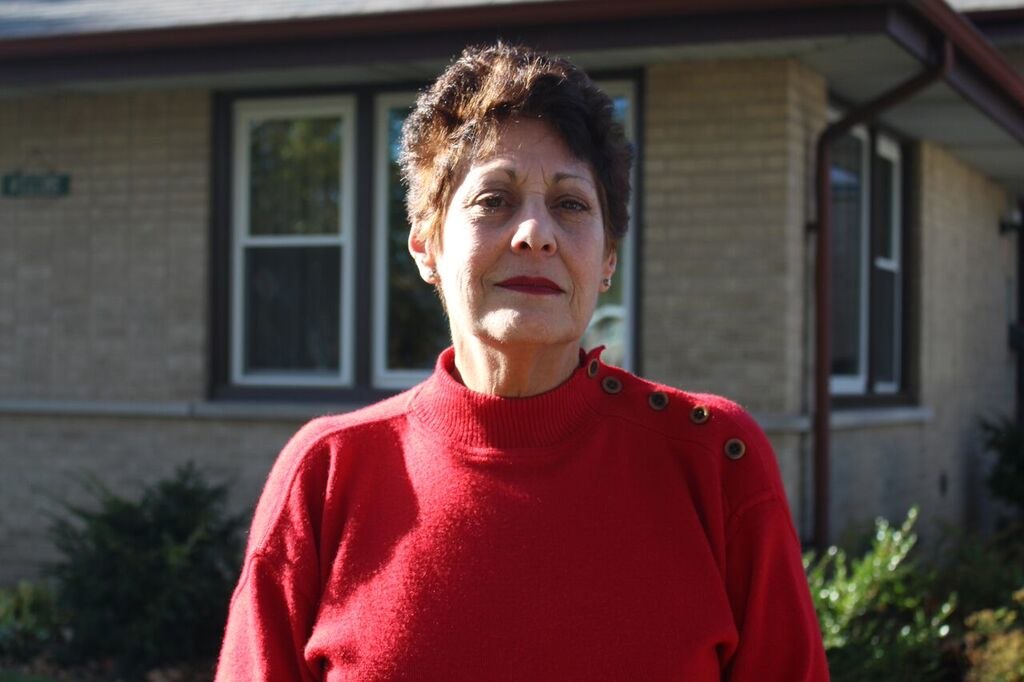This Christmas, property taxes are robbing the McCallisters
The fictional family from “Home Alone” has paid nearly $750,000 in property taxes since the film’s release, and real Illinois families are struggling under a massive local tax burden.
Illinois is home to the second-highest property taxes in the nation.
And with Chicagoans facing a record-setting property-tax hike come 2016, the Land of Lincoln is likely to leapfrog New Jersey for the No. 1 spot.
Just take the fictional McCallisters’ house in “Home Alone,” which is located in Winnetka, Illinois. The real family living there paid more than $35,700 in property taxes in 2015, according to the Cook County Treasurer’s Office. That’s 2.4 percent of what the Cook County Assessor’s Office says the house is worth on the market.
And records obtained from the treasurer’s office via a Freedom of Information Act request reveal occupants have paid nearly $750,000 in property taxes on the home since 1990 – that’s close to half the home’s value.
It’s enough to make Illinoisans wonder who the real thief is: Joe Pesci in a ski mask? Or a property-tax system that makes families pay twice for their house?
Susann D. is a retired widow who also calls Cook County home. She says high property taxes have driven her neighbors across state lines. And those who stay get squeezed year after year.
“The property-tax increase is never a kind of earth-shattering amount,” she said, “but people have to make it work by cutting their budgets.”
Illinois Policy Institute research shows property taxes eat up more than 7 percent of a typical household income in Cook County, with an average tax per household of more than $3,800.
Susann pays $7,000 a year in property taxes on her modest Mount Prospect home, and is disheartened when she looks online at similar properties in other states and finds annual property-tax bills in the hundreds of dollars.
“I do want to leave,” Susann said.
“If I knew where I was going, that ‘For Sale’ sign would be in front of my house. But I have no family or friends anywhere else.
“What do I do? Where do I go?”
Suburban mom Cassandra Bajak thinks her two children will spend one more Christmas at their Crystal Lake, Illinois, home before moving to another state. Her monthly property-tax bill plus insurance is $1,500 a month. Her mortgage is $1,100 a month.
“We’re being taxed out of our home,” she said.
“The only reason we would ever leave our home or this state is property taxes, and that’s what’s going to happen.”
Offering relief to homeowners like Susann and Cassandra must begin with a property-tax freeze at the state level, which is currently on the bargaining table in Springfield.
But a freeze isn’t enough. If the state stopped the rise of property-tax bills today, it would take 28 years for the average property-tax burden on Illinois households to fall to 1990 levels.
Aggressive consolidation and resource-sharing across units of local government, limiting the scope of collective bargaining for local-government employees, scrapping the laws mandating inflated wages for work on government projects, and allowing local governments to control unsustainable pension costs by filing bankruptcy are a few major changes necessary to offer relief to beleaguered taxpayers.
After decades of paying more and more money into a broken system, Illinoisans deserve such a gift.


